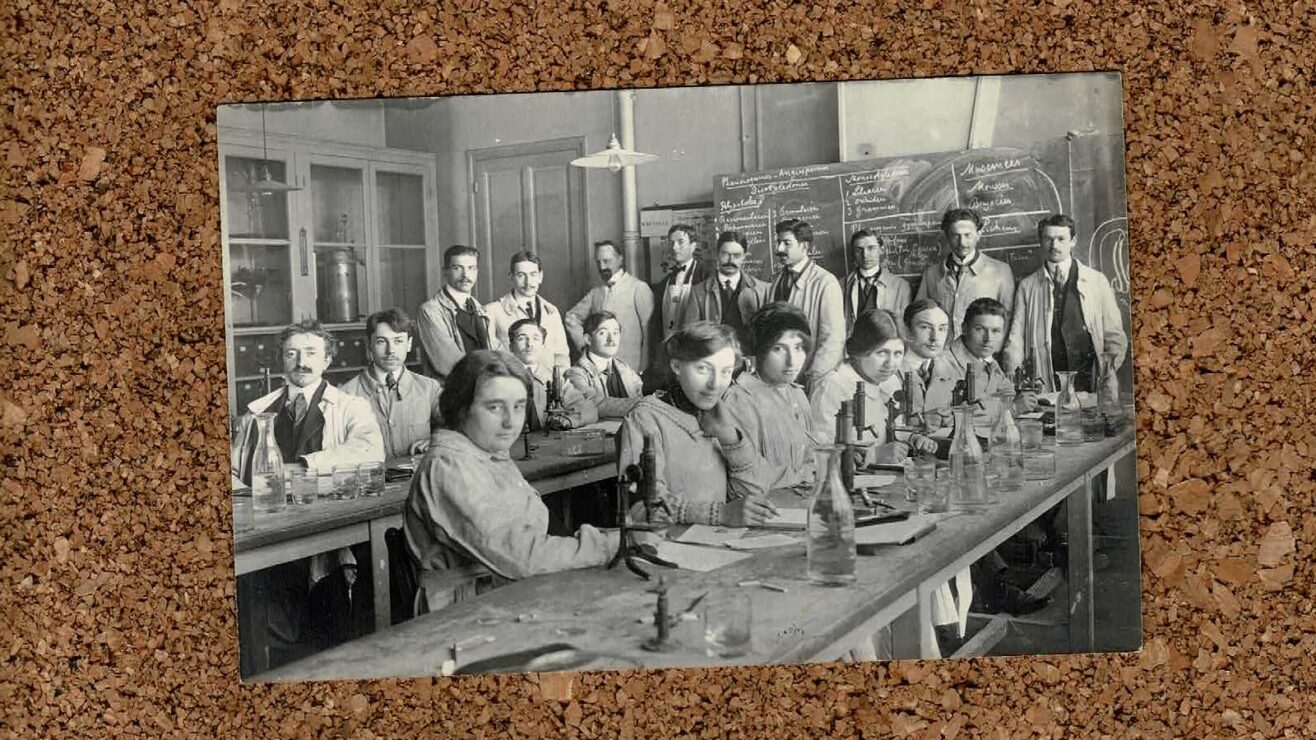“This year’s University Mental Health Day looks set to be the biggest yet.”
This sentence can be copied and pasted from any article referencing the day since it was conceived in 2012 as a joint venture between Student Minds and the University Mental Health Advisors Network. The huge growth in profile of the event is reflective of the intensifying focus on the issues surrounding student mental health, and that of mental health more generally in UK society and across the world. This is undoubtedly a positive thing that will help reduce the stigma felt by so many, and will ultimately help improve – and save – lives.
The theme of this year’s University Mental Health Day is “Use Your Voice,” and I would like to use my voice to say a public thank you to all our staff who are at the frontline of our mental health and wellbeing services every day, supporting our students. This should be a simple message. So why does it feel so difficult to say?
Positivity in this particular subject area can seem insensitive, which explains why we hear so little of it. Just writing this article has been a process full of fear and self-doubt about how the message may be misconstrued, or cause unintended distress. People seem to be, understandably, nervous of highlighting good work in our mental health services for fear of upsetting someone who has experienced the unimaginable, or of setting ourselves up to fail if something tragic happens in the future. Praising staff in a service which may have been ultimately unable to prevent one of our students from taking their own life seems counterintuitive. It is exactly because of this feeling that I think this article needs writing, and I truly hope it does not cause upset to anyone. The intention is the complete opposite.
Not enough can still be a lot
It is clear we need to do more to better reach out to students in need of support. The day may never come when we feel we have done enough. Therefore striving for more connection between academics and support services, better signposting for students, improved ways to identify those in need and providing sufficient and appropriate resources to meet the demand should remain priority objectives for all of us.
However, it is important to explain who I mean by “we.” It isn’t the staff on the ground managing caseloads of students with complex needs who are required to do more. It is those of us responsible for identifying resources, shaping strategies to tackle the demand, and who can influence the narrative inside and outside the university. We need to ensure our staff know that when they read headlines saying “Universities need to do better on mental health,” that these are not reflective of them individually. We need to do better for our students, but also our staff. The one thing I do not question is the abilities of our people working in mental health services, and their dedication to do all they can to support our students.
The Office for National Statistics published a report in June 2018 stating that the number of students who took their lives by suicide in higher education in 2016/17 was higher than in most of the previous years studied, but that higher education students in England and Wales had a significantly lower suicide rate compared with the general population of similar ages.
This demonstrates the size of the challenge facing us, but also the huge impact that our services and support currently have on the lives of many of our students. Of course, one suicide is too many, and acknowledging positive data should not make a statistic out of the tragedies of those who have taken their own lives. We should respond to every student death by asking ourselves what we could have done better. But whenever I have had to deal with the review of a student death by suspected suicide, the abilities of the mental health staff who supported the student in question has never been in doubt.
Lifesavers are among us
Staff in counselling, mental health and wellbeing services across our universities are not an emergency service, but their work helps save lives, daily. This has never been in question for those of them who are seeing students every day in their most vulnerable states, but I think the rest of us can sometimes forget just how tremendously difficult their job is. It seems easy to say a public “well done” to staff following high profile events such as graduation ceremonies, registration periods or at the end of term. We shouldn’t forget to do the same for those who work more privately.
So let me use my voice this University Mental Health Day to address that. Thank you to all the staff in higher education who are at the frontline of our services every day, supporting our students. We have much more to do, but without you our challenge would be much greater.














Thanks Chris. Pleased you wrote this and made these important points. It’s hard sometimes to recognise success in these challenging areas but thankfully we have many across Colleges and Universities.
A huge enabler would be improvements to BHS mental health services for younger people. A truly evidence based provision that we see in cancer treatment, maternity and other services if applied to mental health would see much better resourced early intervention.
Setting aside ”parity of esteem” issues best wishes to everyone for UMHD.
Well said Chris
Thanks for writing this Chris. A really helpful reflection.
Spare a thought for students and staff in branch campus, outside the UK!
Great article, Chris